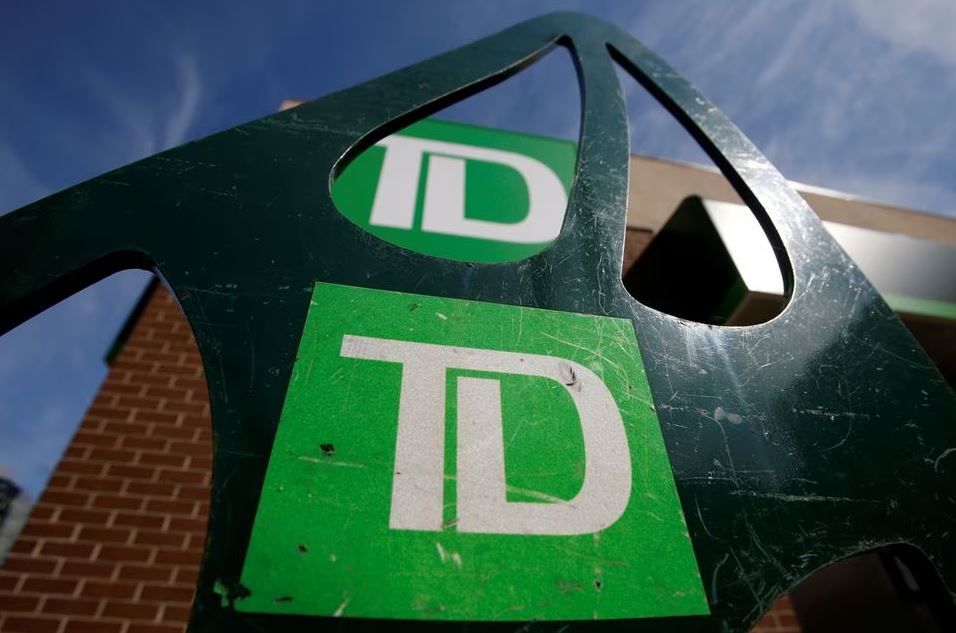TD Bank Group on Thursday said it expects fines and "non-monetary" penalties related to investigations by U.S. authorities over its anti-money laundering compliance program, according to Reuters.
TD, Canada's No. 2 lender, made the disclosure as part of its quarterly earnings, in which it said it has been cooperating with U.S. authorities, including in connection with an investigation by the U.S. Department of Justice.
"The bank is cooperating with such authorities and is pursuing efforts to enhance its Bank Secrecy Act/anti-money laundering compliance program," TD said in the filing.
"While the ultimate outcomes of these inquiries and investigations are unknown at this time, the Bank anticipates monetary and/or non-monetary penalties to be imposed."
TD CEO Bharat Masrani on Thursday declined to comment on an analyst's question during the post-earnings conference call on a provision for possible fines.
"What I can say ... we are pursuing efforts to enhance our U.S. AML compliance program," he told analysts.
The lender scrapped its planned $13.4 billion acquisition of U.S. regional lender First Horizon earlier this year, a move that was cheered by investors amid the U.S. regional banking crisis.
TD said it paid a termination fee of C$306 million in May and separately, incurred a loss of C$199 million from its investment in First Horizon.
In June, TD CEO Bharat Masrani told shareholders the bank would resolve issues with regulators that led to the collapse of the acquisition.
"We believe the potential fallout from this issue could result in higher capital costs and higher investment spending in order to address the issue," National Bank analyst Gabriel Dechaine said in a note, referring to the outcome of the U.S. investigations.
Some analysts said TD could afford to pay any eventual fine given its strong capital position. The U.S. DOJ did not immediately respond to a request for comment. TD's stock closed down 3% on Thursday after its third-quarter profit missed estimates.









